Ecotourism and women empowerment is part of great initiatives that show how tourism contributes to women working collectively for social and climate justice and gender equality.
Ecotourism and women empowerment is part of great initiatives that show how tourism contributes to women working collectively for social and climate justice and gender equality.
Maria Soto from Colombia is an example of eco-tourism practices with her Ecolodge Chunzua Tuche project. Tourism has had several changes during the last decade. However, gendered societies also have gendered tourism practices.
Some people are more aware nowadays that practices have changed and that there is a necessity to diminish massive tourism. However, these ideas are sometimes against the State’s development policies that place tourism as one of the main factors for economic growth. Thus, as individuals, we should always recall what is the purpose of going to our destination; the actions we can make to avoid hurting the environment and the people that inhabit there; how to respect women, and what is their role in the chained processes around tourism; among others. Without blaming only individuals’ actions and putting all responsibility on them, a conscious way of traveling could make little steps to advocate for better tourism practices supported by States and all actors involved.
Getting to explore new places and experiences is amazing, but we should be careful. Few are the people who can enjoy paid vacations and who can save to afford traveling. In Latin America, about 140 million people live under work informality, representing almost 50% of the population.
Also read: TOP 6 DIVING LOCATIONS AROUND THE WORLD: FROM MUSEUMS TO CAVES
The pandemic has affected the contribution to the global Gross Domestic Product, representing a loss of 49% produced by a decrease in traveling of 70%. According to the World Travel and Tourism Council (WTTC), in 2019, tourism was 10,5% of the GDP, and during 2020 it decreased to be 5,5%. This sector provided about 334 million jobs in the world, but with the economic and sanitary crisis, almost 62 million people lost their jobs (these figures could be higher considering unmeasured informality). It shows the importance of the sector for the global economy and the local contexts, and how external factors affect its activities dramatically. We should not forget that traveling is a privilege in highly unequal societies.
Women are one of the most affected by the current situation. The World Tourism Organization and UN Women analyzed the participation of women in tourism during the past ten years. The lack of information on this topic is noticeable as the only report published before by these organizations was in 2010 (in part because there are limited data desegregated by gender in the different countries). This last report, released in 2021, reveals that women represent 54% of the total workforce. However, they earn 14,7% less than men. In addition, tourism national policies are mainly established by men (only 23% of Tourism ministries are led by women).
Compared to other sectors, tourism is less discriminatory than other economic activities. These organizations affirm that "tourism can also empower women politically and socially when links are created with a broader community and civil society organizations." Tourism has had several changes during the last decade not only because of technology and digital platforms' penetration but due to interested people in environmental activities. Living in cities can be exhausting; thus, people see a scaping opportunity booking activities in places without concrete. Ecotourism and women empowerment is part of great initiatives that show how tourism contributes to women working collectively for justice and gender equality. Collective community and civil-society-based solutions are addressing the impacts of tourism.
In Colombia, Maria Soto is an example of women's empowerment. Ecolodge Chunzua Tuche is her project and she is happy to promote responsible tourism. She shows how tourism can transform not only her life but her community and environment. Some years ago, Maria became an entrepreneur and Tourist Guide in the Paramo de Ocetá in Mongui, Colombia. She guides green hikes involving plants and indigenous archeological ruins observation every day.
During almost five hours, people enjoy learning from her, who is part of the Muisca descendants, about ancestral traditions. She is an advocate for human and Earth (for those who believe) rights; she protects her ancestor’s lands and her community. She fights every day to ensure that the Paramo is respected and to stop cattle ranching and mining. Her words have resonated almost everywhere; international tourists are the most interested in coming to Mongui. Her effort and perseverance have led her to grow personally and professionally. Soon she will be able to complement her activity as a guide with a traditional Muisca hostel that she has just built to preserve her traditions and continue taking care of nature.



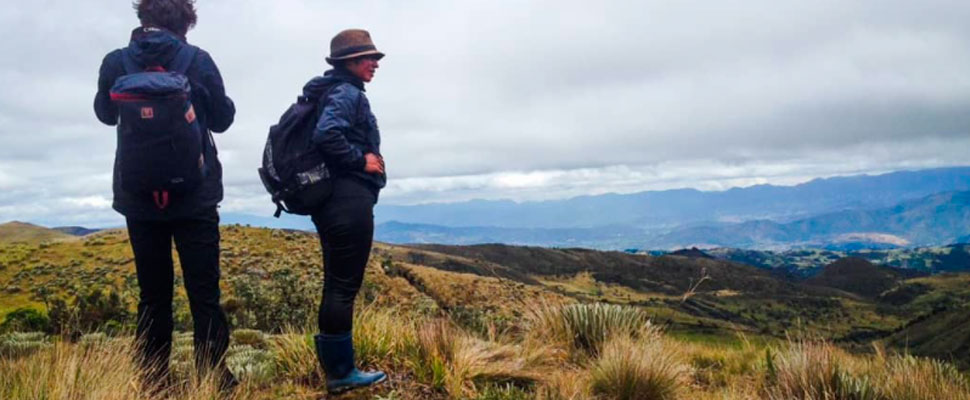
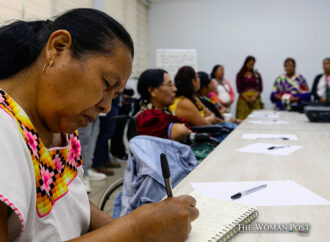
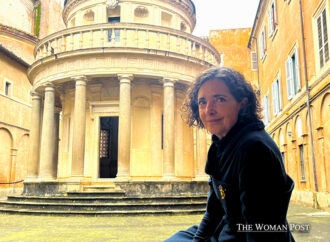
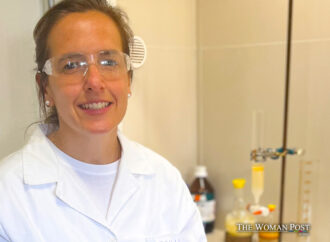
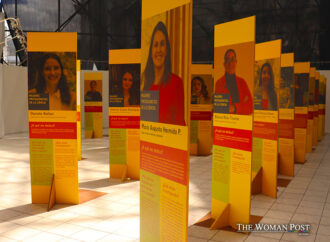
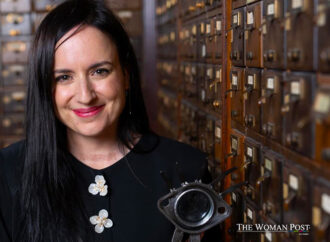





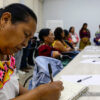




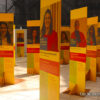

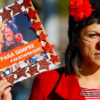


Leave a Comment
Your email address will not be published. Required fields are marked with *